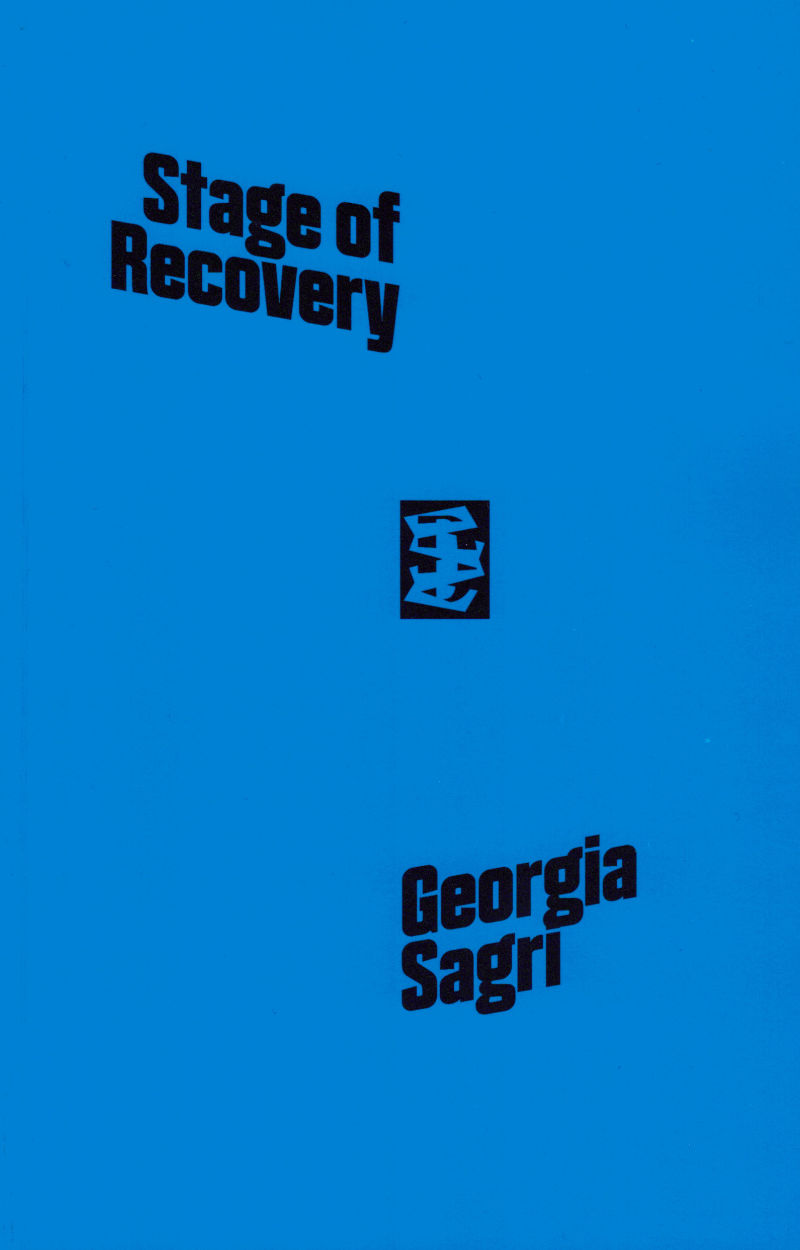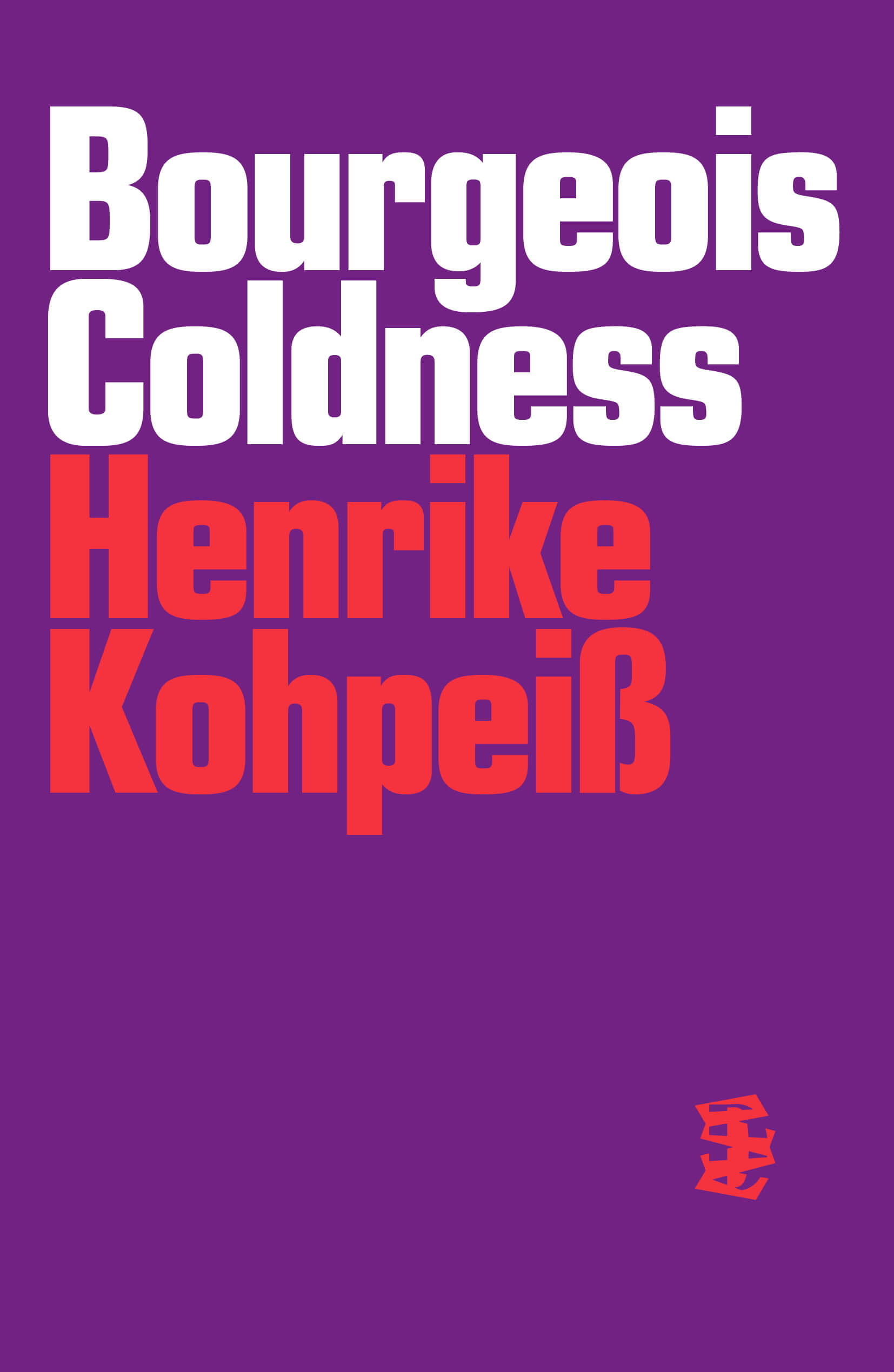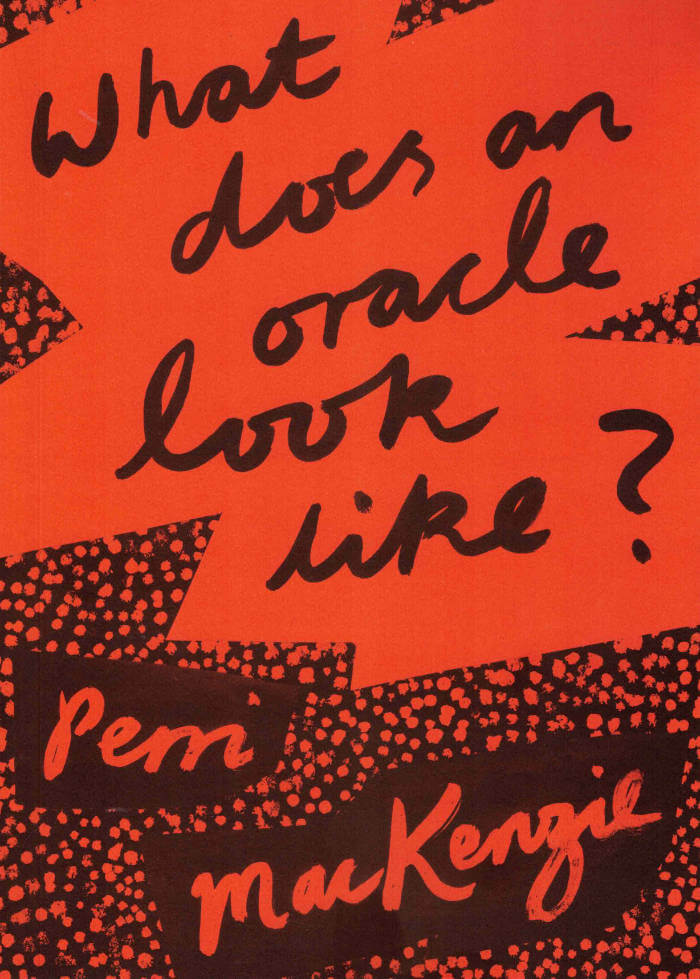
Bosses
As an artist how can you get out of the hiding position? To make art is to understand how you are, notice your prejudices and assumptions about value and acknowledge your hand in an unequal world, to recognise how you institute yourself while letting go of the outcome of work.
Ghislaine Leung is a British conceptual artist. Her work uses score-based instructions to radically redistribute and constitute the terms of artistic production. For Leung, limitations, felt as personal, institutional, structural or systemic to the parameters of industry, are engaged in as means to institute differently. Born in Stockholm, Sweden to a father from Hong Kong and a mother from London, she was raised first in Reims, France and then in London, England. She received a BA Fine Art in Context at the University of the West of England in 2002 and a Masters in Aesthetics and Art Theory at the Centre for Research in Modern European Philosophy at Middlesex University in 2009. Between 2004 and 2014 she worked at Tate and LUX, London. Leung’s first book was Partners (Cell Project Space, 2018). She lives in London, UK.
978-1-9164250-0-2
21.6 x 13.9 cm
96 pp
Paperback
September 2023
Language: English







